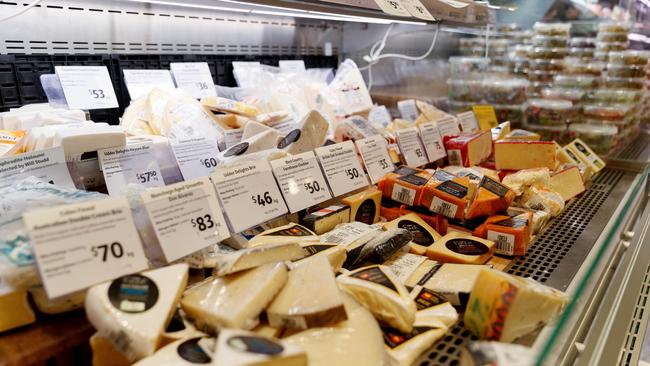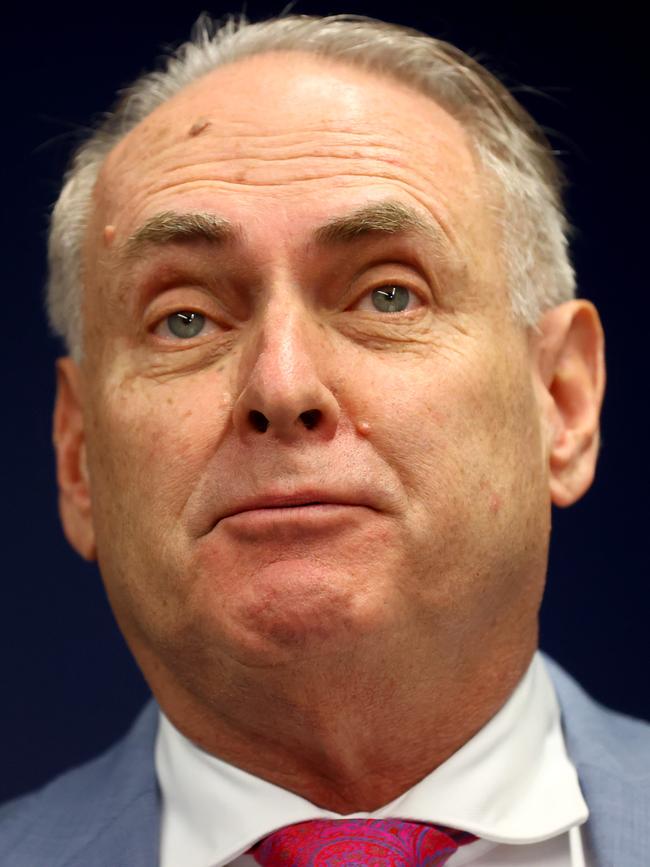Australian farmers wary of EU free trade deal rush
A free trade deal with the European Union could be signed as early as next week, but farmers say they’d rather wait than agree to a ‘dud deal’.

Australian farmers are growing increasingly nervous that the Albanese government is set to sign a sub-par free-trade deal with the EU.
The unrest from within the industry comes amid rumours that Trade Minister Don Farrell is intent on inking a deal, possibly as early as next week.
Representative bodies from across the agriculture sector have issued statements over the past few days urging the government to show restraint and not to rush into a deal that would not be beneficial to Australian food producers.
Several industry sources said they feared Mr Farrell would prematurely sign an agreement on the sidelines of the G7 meeting in Osaka, Japan, on Monday.
The National Farmers Federation and several meat and dairy sector associations, whose representatives will also travel to Osaka, have called for Mr Farrell not to give in to what they see as unreasonable volume restrictions and welfare, sustainability and pesticide conditions that would be placed on Australian products imported to the EU.
Dairy farmers and the wine sector are particularly concerned about proposed restrictions on terms such as feta and prosecco.
The beef and pork sectors want better access to European markets.
“Right now, the deal on the table is a dud deal,” Australian Dairy Farmers president Rick Gladigau said. “It offers no gains for Aussie dairy, just costs and burdens.
“Currently, the EU floods the Australian market with 70,000 tonnes of subsidised EU dairy product while Australia only exports less than 500 tonnes.”
Mr Farrell said he would not accept a deal if it were not in the best interests of Australian industry.
“I’ve made it very clear that I was prepared to walk away from the deal that the EU offered us back in July, in Brussels,” Mr Farrell said.
“It wasn’t a fair deal, it wasn’t a good deal for Australia, and if the Europeans come to our meeting next week and make the same offer, I’m going to give them the same response.

“Australia wants a trade agreement with the EU – but not at any cost.
“Any deal must include practical benefits for Australian businesses, including improved market access for our farmers and producers.”
“We need the Australian government to correct the imbalance of our meat trade with Europe and secure comparable FTA outcomes achieved by our competitors,” Australian Lot Feeders Association president Barb Madden said.
When negotiations broke down in June, Mr Farrell said the key sticking point had been a lack of “meaningful access” to European markets for Australian agriculture.
The EU, Australia’s third biggest trading partner, has a $2bn agrifoods trade surplus with Australia.
Trade agreement talks between Australia and the EU have been ongoing since 2018, but looming elections have created concern within the government that a deal would need to be signed soon or risk being derailed for years.
The agriculture sector is concerned that an eagerness to sign the “once in a generation” deal could result in Australian agriculture being sacrificed for the sake of the resources sector.
A key desire from the EU is to secure the block’s supply chains of critical raw materials such as lithium, cobalt and hydrogen.
“This is an agreement that will likely stick for 50 years. Let’s ensure it’s a fair trade deal, not just a free-trade deal,” Cattle Australia chair David Foote said.




To join the conversation, please log in. Don't have an account? Register
Join the conversation, you are commenting as Logout